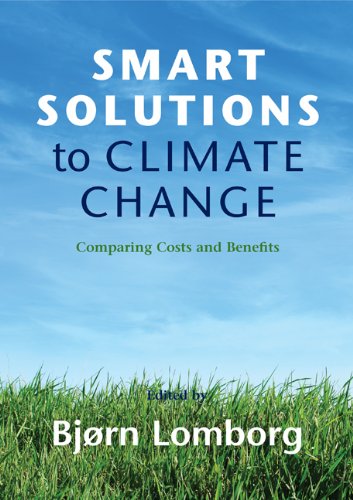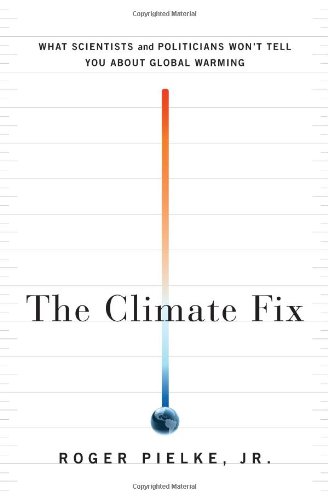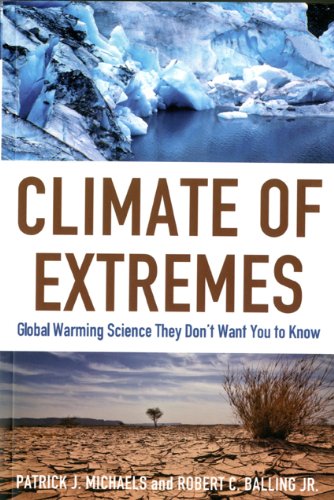Vaclav Smil – Energy (2006)
Most of the energy we use has its origin in sun rays, which are inefficiently captured by photosynthesis, and then slowly makes its way to us through the food web, (and, more slowly, through fossils fuels), and which are also the source of wind and hydro power. History is the story of how of how one of Earth’s life forms directed an increasing amount of this energy towards its own ends, at increasing levels of efficiency, and what follows will hopefully be the story of how we move on from the temporary fossil-based bootstrapping phase to something more permanent.
Recommended: Strongly. I love these sort of condensed topical overviews. They’re like extra long encyclopedia articles.
Snu, brev til klimagenerasjonen (2012)
See, this is why I decided to get involved in the climate debate in the first place, because if I didn’t, it would be left to people like this, second-rate artists and intellectuals pushing their talents to the limit by making the profound statement that gosh, climate change is so important, and we should do, like, something, I don’t know what, but I’ll do my part by spreading awareness. Oh, you don’t see how this image of an ampersand spreads awareness about climate change? Well, it does.
Recommended: Dear God no. (Oh, and to the one or two contributors I’m friend with on Facebook, I probably didn’t mean you. But you have to admit that overall this book is fucking useless.)











